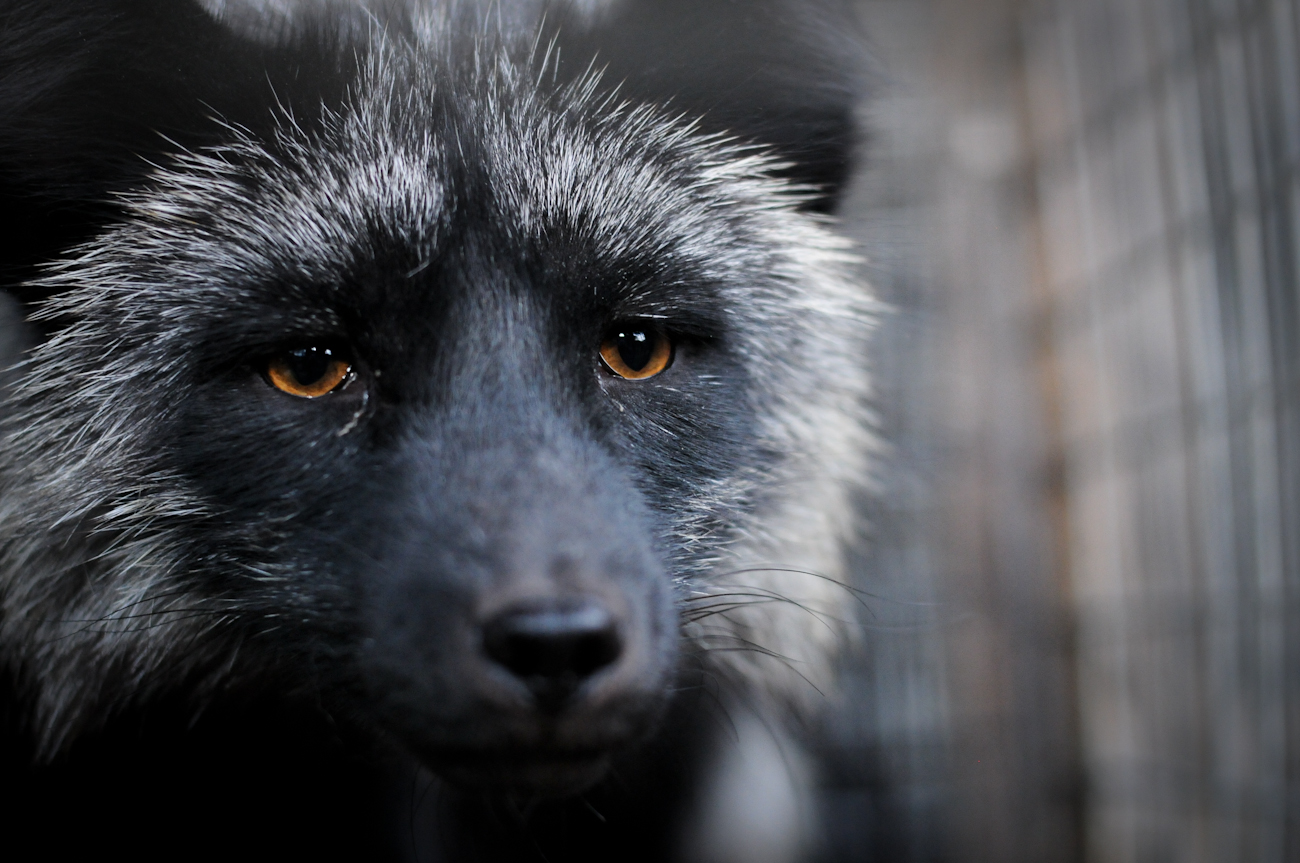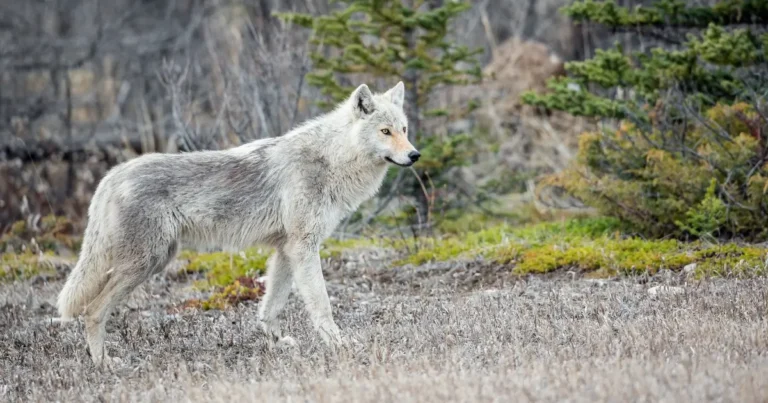Brussels, 19th June 2013. Today in Parliament, a debate starts about a possible ban on fur production in Belgium. A first round of hearings was held in the Chamber’s Public Health Committee about this very important animal welfare issue.
On 7th December 2010, Representative Peter Vanvelthoven (sp.a) introduced a proposal for a law to ban fur production in Belgium. The PS and MR parties duly signed this motion. Groen, Ecolo and cdH introduced similar motions and the N-VA likewise favours a ban. There is thus a majority in Parliament which wants to ban Belgian fur production once and for all.

The opinions of sp.a, Groen, PS, Ecolo, MR, cdH and N-VA are totally in line with results of opinion surveys carried out by IPSOS sampling a broad spectrum of the Belgian population. The results show that almost 9 out of 10 Belgians (86 %), across all political parties, agree that fur production should be banned no matter what conditions the animals are kept in. This shows the very large majority for a law banning fur production.
Wider scope of a ban
Some voices against a ban say that by banning fur production in Belgium will merely shift production to other countries where fur farm animals are worse off. But this is based on the mistaken premise that fur farm animals in Belgium are better off here than elsewhere. And what’s more, there is absolutely no reason why we should deviate from our own moral norms and values. GAIA is convinced that it is not fur production, but a production ban, which will extend abroad. Already Great Britain, Bulgaria, Austria, Croatia, Slovenia and Bosnia-Herzegovina have banned fur production, and other countries have similar parliamentary proposals being debated. Even the Netherlands, the world’s third biggest fur producer with 5.5 million minks, decided last year to put an end to fur production. Nicole Van Gemert, director of the Dutch association Bont Voor Dieren (“Fur for Animals”) explained this development before the Public Health Committee.
Animal abuse
We can scarcely overlook the problems regarding animal welfare in the fur industry. Minks are wild animals who, in the wild, inhabit a territory of several square kilometres and who normally live in and around water. In the average fur farm setup, confined in wire cages of only 85 cm x 30 cm these animals cannot express their normal behaviour, let alone swim. Through boredom, frustration and their impoverished environment the animals develop abnormal stereotyped behaviour – a clear indication of their suffering. The animals pace and turn constantly, bite the wire of their cages and bite their own tails or otherwise mutilate themselves.
Fur is bad for the environment
Marijn Bijleveld, of the think tank CE Delft specialised in environmental issues, presented the Public Health Committee with the results of an environmental impact study demonstrating the negative impact of fur production on the environment. “The effect on climate of the production of 1 kilo of fur is 5 times larger than the score for the second most damaging textile. This is particularly due to the 563 kilos of food that are required for every kilo of fur produced.”
A resident living close to a fur farm also testified about the nuisance factors (odour, flies, noise, chickens killed by escaped minks…) for those living in the surroundings. On 26th June the hearings will be concluded. This is the time when the proponents of fur production will be heard.
GAIA director Ann De Greef: “We have been looking forward for a long time to the moment when the legislative proposal will be discussed in Parliament. Now the time has come. We hope that the Parliament will soon vote in favour of a ban, to finally put an end to the breeding and killing of animals for their fur.”
Photo of caged fox provided by Jo-Anne McArthur, We AnimalsJo-Anne McArthur, We Animals.
